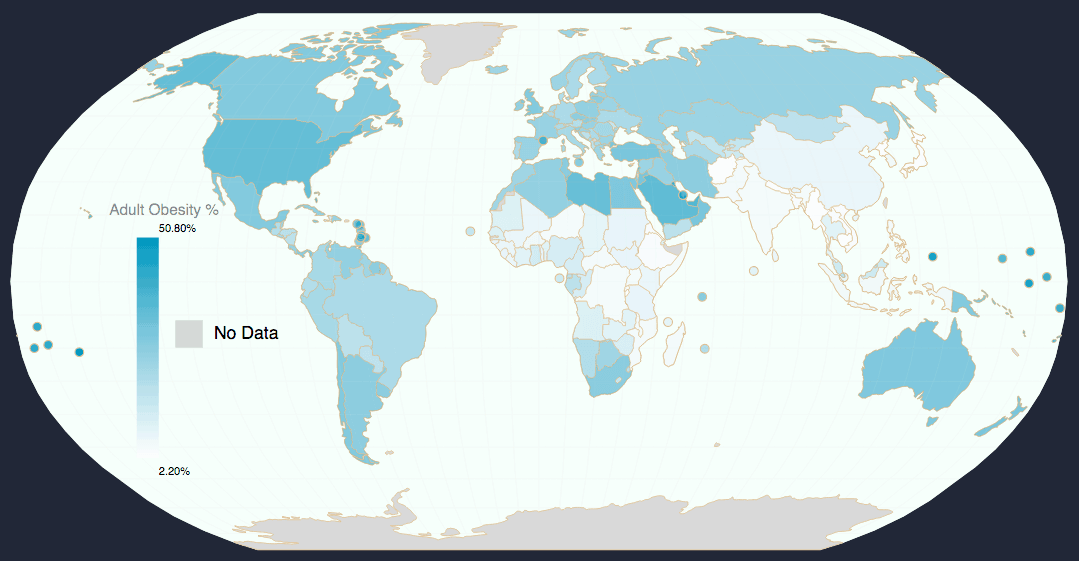Study looked at all-cause mortality and then what would've been expected vs what happened during the covid pandemic.
Two things:
A) The US sucked.
B) Start fighting over Sweden's results.
Two things:
A) The US sucked.
B) Start fighting over Sweden's results.




